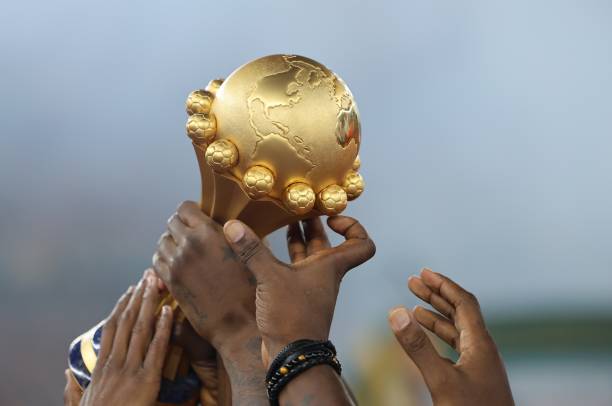
Introduction
African football has produced world-class talent, passionate fan bases, and historic moments in the FIFA World Cup. However, despite the immense potential, African teams have struggled to go beyond the quarterfinals, while European and South American nations continue to dominate the tournament. This article explores the key challenges African teams face in the World Cup and the necessary solutions to ensure better performances on the world stage.
1. Lack of Proper Infrastructure and Facilities
One of the major reasons African nations struggle at the World Cup is the lack of top-tier infrastructure and facilities. Many national teams do not have access to modern training complexes, high-quality pitches, and advanced rehabilitation centers. In contrast, top European and South American teams enjoy state-of-the-art facilities, allowing them to prepare better for elite competitions.
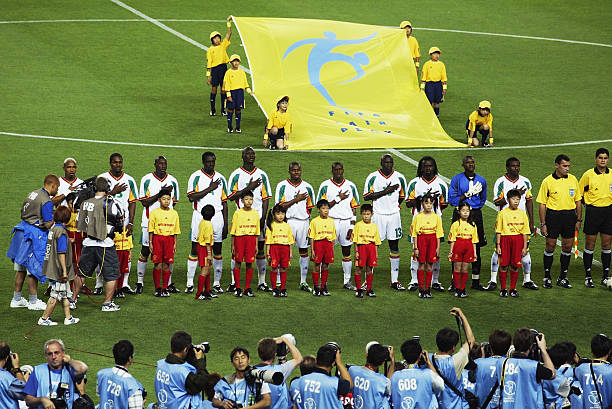
Investment in football infrastructure—stadiums, training facilities, and high-performance centers—is crucial for improving the standard of play. Governments and private investors should prioritize long-term investments to create world-class facilities for national teams and local clubs.
2. Inconsistent Youth Development Programs
African nations produce some of the best young talents, but the lack of structured youth academies and development programs affects long-term success. While European and South American teams benefit from elite training academies that develop players from a young age, African football largely relies on raw talent rather than structured coaching.
Establishing standardized youth leagues, talent identification programs, and well-funded football academies will help African nations develop players who are tactically and physically prepared for the World Cup.
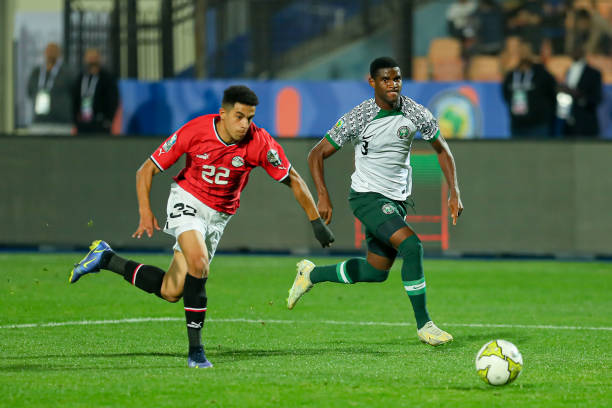
3. Weak Domestic Leagues and Player Exodus
Most of Africa’s top footballers play in European leagues, meaning national teams often have limited time to train together before major tournaments. In contrast, many European and South American nations have competitive domestic leagues that keep their best players at home, ensuring better chemistry and tactical cohesion.
Strengthening African domestic leagues through better financial management, higher wages, and improved competitiveness will help retain top players and build stronger national teams.
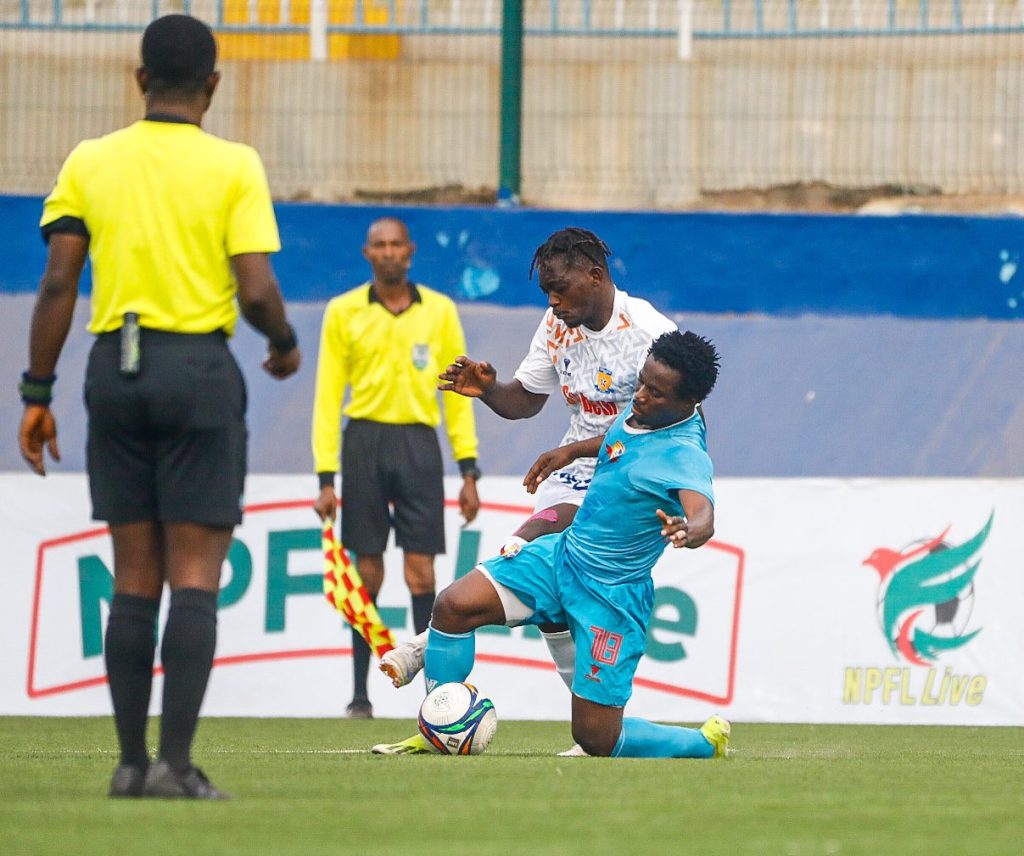
4. Tactical and Coaching Limitations
African teams often rely on individual brilliance rather than well-structured tactical play. Many national teams struggle against well-drilled European or South American teams because of tactical naivety and inconsistent coaching strategies.
Investing in high-quality coaching education and encouraging African coaches to gain experience in top footballing nations will help improve the tactical approach of African teams. Hiring experienced international coaches to work alongside local coaches can also enhance team strategy and preparation.
5. Poor Administration and Corruption in Football Governance
Football administration in Africa has long been plagued by corruption, mismanagement, and lack of transparency. Poor leadership at the national federation level often leads to disorganization, unpaid player wages, and inadequate planning for major tournaments.
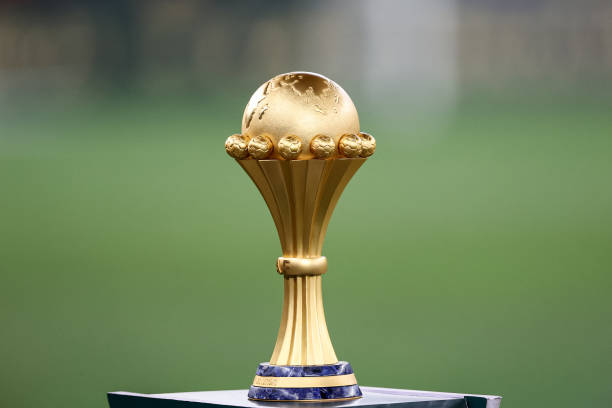
Implementing strict governance policies, financial transparency, and accountability within CAF (Confederation of African Football) and national football federations is essential. A corruption-free football administration will ensure that resources are used effectively for player development and team preparation.
6. Psychological Pressure and Lack of Experience in High-Stakes Games
African teams have often been eliminated from the World Cup due to lapses in concentration, penalty shootout failures, or being unable to manage pressure in crucial moments. The lack of experience in high-stakes knockout matches can affect performance under intense pressure.
Psychological training, mental resilience programs, and exposure to more competitive tournaments outside of Africa will help players handle pressure better at the World Cup.
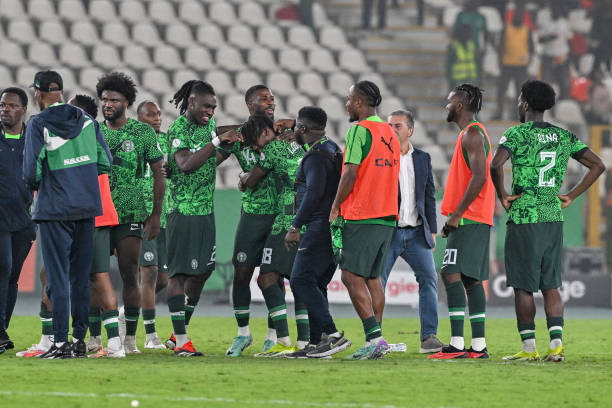
7. Limited Representation in Global Football Governance
African football needs a stronger voice in FIFA and UEFA decision-making processes. European and South American nations have historically had greater influence in global football governance, which affects tournament structures, refereeing decisions, and overall football policies.
Having better representation in FIFA’s executive bodies will help ensure African football interests are prioritized, including increased World Cup slots and fairer officiating for African teams.
8. Poor Tournament Preparations and Logistics
Several African nations have faced issues with poor preparation ahead of World Cups, including last-minute coaching changes, unpaid player bonuses, and disorganized training camps. Such issues create unnecessary distractions for players and impact team morale before major tournaments.
African football federations must prioritize early preparations, stable coaching staff, and structured logistical plans for their World Cup campaigns. Proper planning will allow teams to focus entirely on performance without unnecessary disruptions.
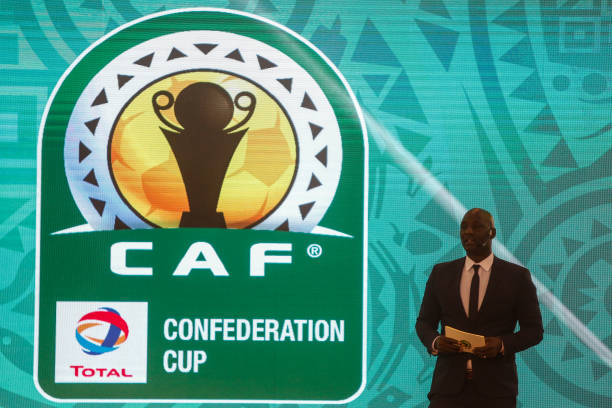
9. Need for Better Club Competitions and International Exposure
African clubs do not compete regularly against top European and South American clubs, limiting exposure to high-intensity football. While the CAF Champions League is competitive, it lacks the global visibility and quality of the UEFA Champions League.
Creating more intercontinental club competitions, organizing friendlies with top teams from other continents, and ensuring African teams get invited to global club tournaments will help improve the quality of African football at all levels.
10. Use of Advanced Technology and Sports Science
Many African teams lag behind in the use of modern football technology, such as VAR, GPS tracking for player performance, and data analytics for team tactics. European teams have embraced sports science and technology to enhance performance and reduce injuries.
SUGGESTED FOR YOU
Legendary Playmakers: The 10 Best African Midfielders in Football History
Investing in cutting-edge football technology, analytics, and sports science programs will help African teams optimize player performance and tactical strategies in high-level competitions like the World Cup.
Conclusion
African nations have the talent, passion, and football culture to succeed at the FIFA World Cup, but structural, tactical, and administrative challenges must be addressed to compete at the highest level. By improving infrastructure, coaching, governance, and mental preparation, African teams can break the cycle of early World Cup exits and push for semifinal and final appearances in the future. With the right reforms and long-term commitment, African football can finally achieve its long-awaited breakthrough on the world stage.









